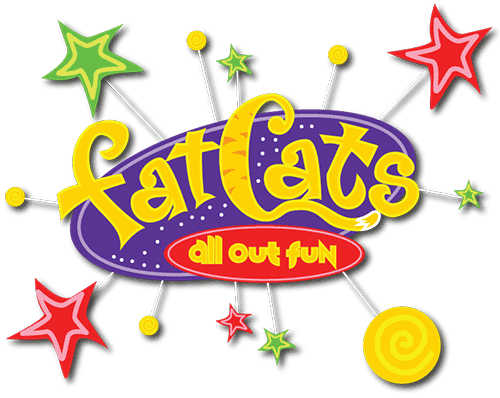Thoughtful ‘Ad Astra’ survives lame ending
Published atLet’s say you want to make a film that examines the effects fathers can have on their sons. Let’s say you want to comment on how emotional damage can be passed from parent to child, and do so in a pensive, insightful manner. Let’s also say you want to address this father/son story in the trappings of a science fiction adventure. You’d have to work really, really hard to pull this off better than “Ad Astra” does.
“Ad Astra” introduces us to astronaut Roy McBride (Brad Pitt), a man estranged from his relationships and myopically focused on his job. After surviving a fall caused by a mysterious energy surge that originated in deep space, Roy is recruited to embark on a mission to uncover the source of the surges.
The plot thickens when Roy learns his father, hero astronaut Clifford (Tommy Lee Jones), who disappeared while on a mission near Neptune sixteen years ago and may have something to do with the surges. Events that unfurl as Roy voyages to Neptune reveal the darkness he’s bottled up since childhood. Ultimately, Roy must confront the reality for who Clifford really is and the severity of the impact he had on his life.
“Ad Astra” may be an epic sci-fi space adventure, but it has more in common with films like “Contact” and “2001” than it does with “Star Wars” or “Guardians of the Galaxy.” The plot unfolds at a deliberate pace, with plenty of time dedicated to watching Roy struggle with his inner demons.
That doesn’t mean there’s no excitement. The film opens with a gripping freefall sequence that quickens your pulse. Scenes where Roy and his compatriots explore empty spacecraft drip with the kind of suspense that recalls the first “Alien” film.
But watching Roy work through his issues is the most interesting part of this movie. He gets an assist from voice-over narration, but Pitt’s performance does most of the heavy lifting. It’s a subtle yet intense performance, one that perfectly fits a guy who is obviously suffering but tries with all his might to contain the rage.
The other characters in “Ad Astra” are mostly there to facilitate Roy’s journey. Jones mostly shows up as either an offscreen voice or a video image, but his character’s decaying sanity is good foreshadowing for what Roy could become. Donald Sutherland has a few scenes where he spouts exposition and further agitates Roy’s feelings. Ruth Negga plays her role as an administrator on Mars in a way where you’re suspicious of her from the moment you see her. It’s effective stuff. But for the most part, Pitt’s acting carries the story.
Pitt does get an assist from the visuals. In a movie that comments on human alienation from people we should be closest to, the imagery needs to bolster that idea of separation. “Ad Astra” is filled with visuals of tiny figures against the immense blackness of space. The imagery like the backdrop of Neptune and its rings are as cold as they are beautiful and really make you feel Roy’s disconnection. This movie’s visuals scream loneliness.
If “Ad Astra” has a major flaw, it’s the ending. It’s pretty anticlimactic. The filmmakers have chosen to build to an emotional climax instead of an action setpiece, but it doesn’t really feel like there’s much of a resolution, so the ending feels underwhelming. The film also has some wonky editing that is hard to follow at times.
However, viewers who go into “Ad Astra” with an open mind are gonna find a lot to ponder. Not only does the film address the father/son relationship, but it also touches on themes like letting go of parts of yourself that harm you. You may find yourself mulling this film and its meaning over in your mind long after the end credits roll. I know I will.
4 Indy Fedoras out of 5
MPAA Rating: PG-13
Thanks to Fat Cats in Rexburg for providing screenings for movie reviews on EastIdahoNews.com.



